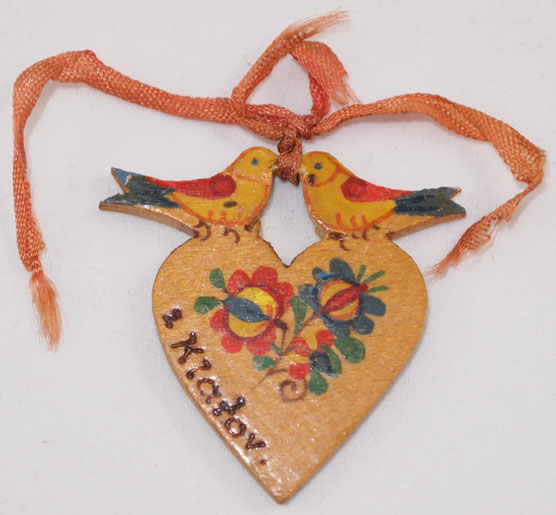Other Kindertransport stories
The Kindertransports rescued Jewish children from Germany, Austria, Czechoslovakia and Poland. Other children came independent of the Kindertransport as refugees to Britain. All transports and immigration to Britain from territories under German control were halted on the 3 September 1939 with the beginning of the Second World War.
“Little Susi” , the porcelain doll, comes to England with Hedi Argent and her parents shortly before the outbreak of the war – not on a Kindertransport. Speaking about “Little Susi”, Hedi recollects all that was irrevocably lost in Austria.
© National Holocaust Centre and Museum
Admire “Little Susi” in all her beauty. Susi is a miniature doll made from porcelain, typical for a well to do middle class family from Austria in the 1930s.
© National Holocaust Centre and Museum
A group of almost 700 children were saved from occupied Czechoslovakia by the determination of a small but enterprising group around Nicholas Winton, a British businessman. They took advantage of the same visa scheme that allowed German and Austrian children to travel to England on the Kindertransport.

Farewell to a happy childhood. This heart was given to Vera Schaufeld by her childhood ‘sweetheart’ a few days before she left from Nazi occupied Czechoslovakia as part of the rescue operation organised by Nicholas Winton. She reaches safety but never sees her family again.
© National Holocaust Centre and Museum
Rescue missions
Jewish children were also rescued by other nations. Organisations such as The German-Jewish Children’s Aid in the United States arranged for children to travel over from England and France. Charities and individuals also helped Jewish child refugees to make their way to Australia, New Zealand and Canada after an initial stay in England.
Torn families
For many rescue came at a bitter price – leaving father and mother behind. Suffering through years of insecurity and fear without any news or contact to their families. After the war few families were able to reunite. Even if relatives survived it was difficult to find a country to bring the family together again.
For others the end of the war brought the devastating news that there would be no reunion and that they would have to find the strength to go on – alone.
“We want to say farewell to you, who were our dearest possessions in the world. ….We want you to become good men and think of our happy years together. We are going into the unknown …” John Fieldsend reflects on the last letter he received from his parents – posthumously.
© National Holocaust Centre and Museum